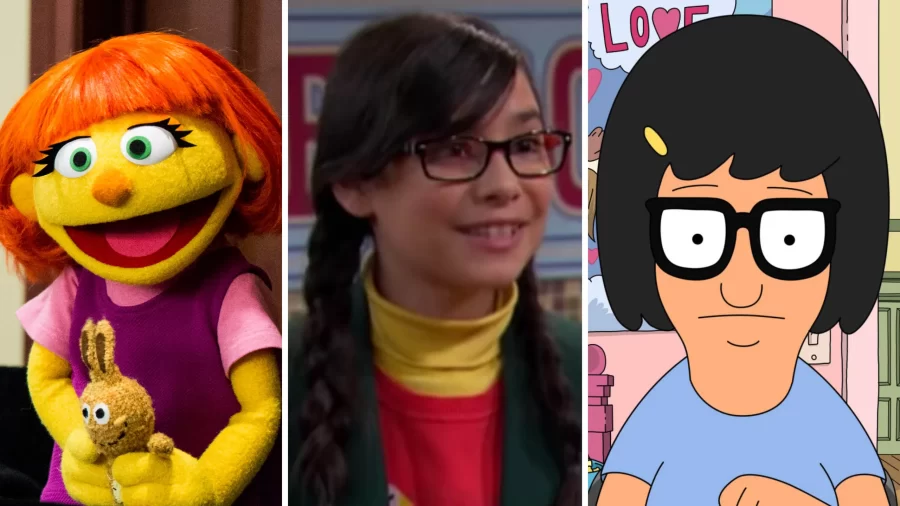On the Portrayal of Neurodivergent Characters in TV: Glorification vs Reality
January 11, 2023
There has been a common trend in recent years that centers around the coding of fictional characters- specifically autistic-coded characters.
A few examples of well-written autistic characters are: Norma from Dead End: Paranormal Park, Quinni from Heartbreak High (who is played by an autistic actress), Tina Belcher from Bob’s Burgers, and Abed from Community. Some well-written autistic-coded characters (at least in my opinion) are: Robin Buckley from Stranger Things, Spencer Reid from Criminal Minds, Jessica Day from New Girl, Zuko from Avatar: The Last Airbender, and Fox Mulder from The X Files.
What tends to happen in the general audience (aka the GA) with these characters is the romanticism of neurodivergent traits/characteristics. The problem with this is that while the GA sees these traits positively in fictional characters, they often mistreat people who display those same traits in real life.
This also happens when neurotypical people believe that a character was made to represent them, and get angry at neurodivergent people who say that they also relate to the character. Additionally, most neurotypical people don’t fully understand the complexity of autism and how it can vary. Autism is a spectrum, and not all people who are autistic act the same.
The portrayal of neurodivergent characters throughout media is growing slowly to be more on par with a realistic representation, yet the disparity between reality and what we see on television is still far from the reality that deserves to be seen on screen.
